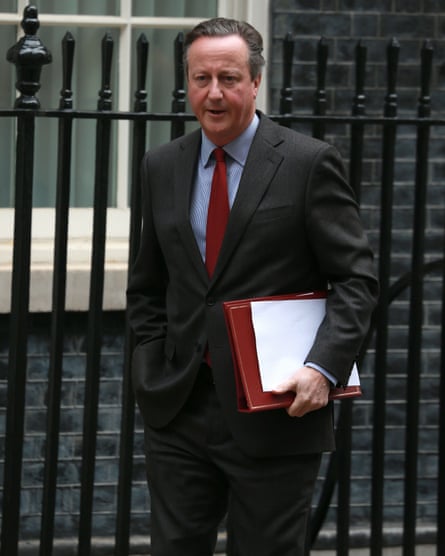The UK’s flagship trans-Pacific trade deal, which was presented as a cornerstone of post-Brexit “global Britain”, will deliver even less benefit to the economy than the tiny uplift that was previously predicted, according to the Office for Budget Responsibility.
In a report accompanying last week’s autumn statement, the OBR said the UK’s entry into the Comprehensive and Progressive Agreement for Trans-Pacific Partnership (CPTPP) would add just 0.04% to GDP in the “long run”, which it defines as after 15 years of membership.
The OBR said two separate bilateral deals between the UK and Australia and New Zealand, also hailed as landmark trade agreements post-Brexit, “might increase the level of real GDP by a combined 0.1% by 2035”.
The tiny predicted benefits from these trade deals contrast with the OBR’s own calculation that the UK economy will be 4% smaller than if we had stayed in the EU. Previous estimates by the government of the benefits of entry into the CPTPP have suggested a positive economic effect of between 0.08% and 1% of GDP.
The CPTTP is a free-trade agreement (FTA) between Australia, Brunei Darussalam, Canada, Chile, Japan, Malaysia, Mexico, Peru, New Zealand, Singapore and Vietnam. The UK signed an agreement to join on 16 July 2023. Each of the existing member nations will need to ratify the UK’s addition to the partnership before it takes effect.
Trade expert David Henig said that while the UK’s entry into the CPTTP had been presented as a big moment, the effects had been “hugely overhyped”.
“Some companies will benefit but the effects will be very small,” Henig said. He added that he believed the UK would increasingly have to focus on measures to boost trade with the EU, which had suffered post-Brexit as a result of leaving the single market and customs union.
Last week, the new foreign secretary, David Cameron, made his maiden speech in the House of Lords in a debate on the UK’s forthcoming accession to the CPTTP, describing it as the “next vital step” in a policy that would put “the UK at the heart of a group of some of the world’s most dynamic economies”.

Lord Collins, the shadow deputy leader, said accession to the CPTTP, while welcome, would in no way compensate for the government’s failure so far to deliver a trade deal with India, or the US, both of which were promised by the Conservative government.
Charles Grant, director of the Centre for European Reform, said there was almost no prospect of a trade deal with the US. “There is no chance of one at the moment because Joe Biden does not like trade deals. And there is no chance of one if Trump were to return to the White House because he likes them even less than Biden.
“In any case, a trade deal will become technically impossible under a Labour government which is committed to recognising EU standards on plant and animal health. That will make it impossible for the UK to accept US products that do not comply with EU standards.”
When she announced the deal on UK entry into the CPTPP, trade secretary Kemi Badenoch said it would bring “significant” benefits to the UK.
The OBR has estimated that Brexit will wipe about £100bn from the UK economy.
In its latest economic and fiscal report issued last week, it makes its calculation of an eventual 0.04% uplift from the CPTTP on the basis of what it says is the official government position that it “could lead to an increase in UK GDP of £1.8bn in the long run”.










